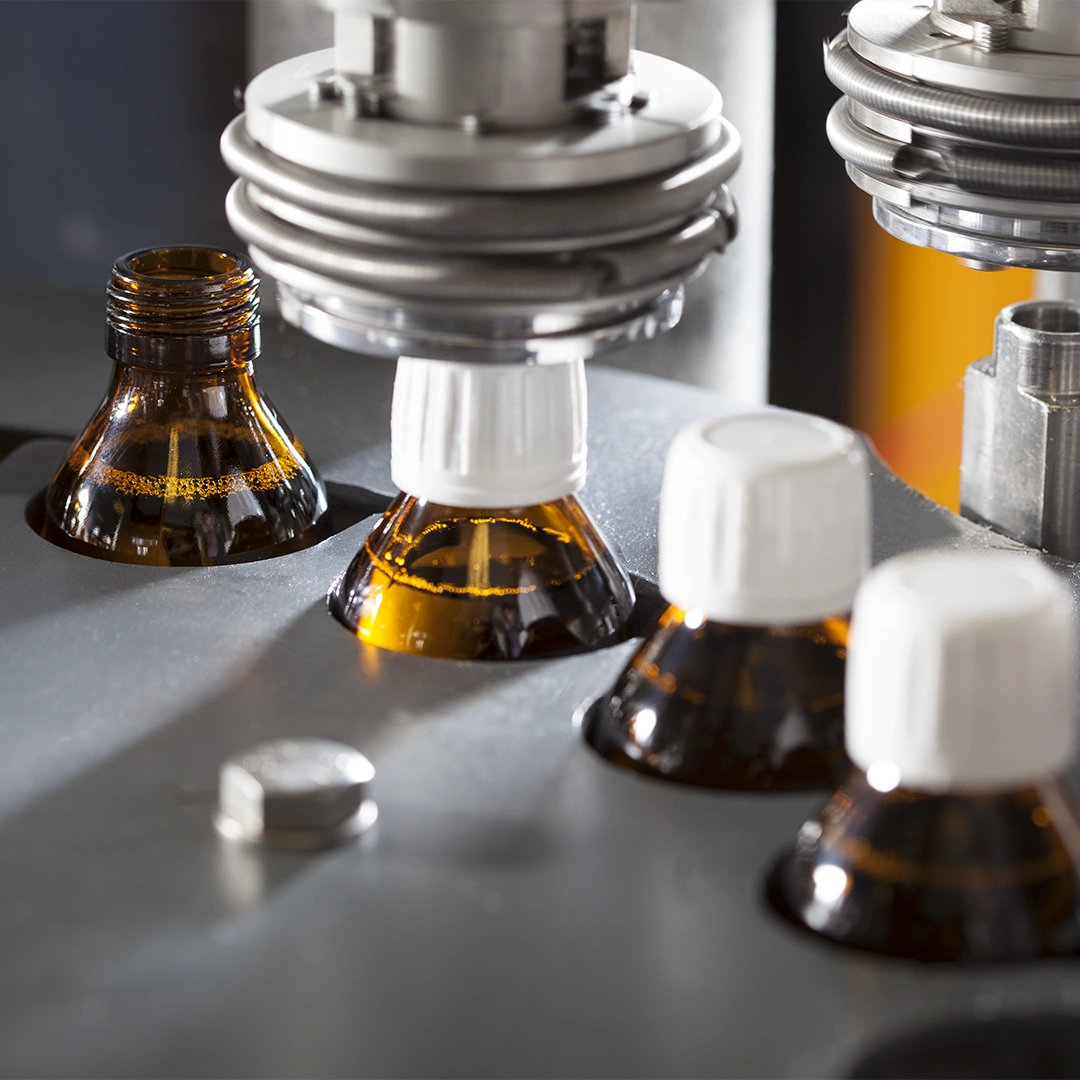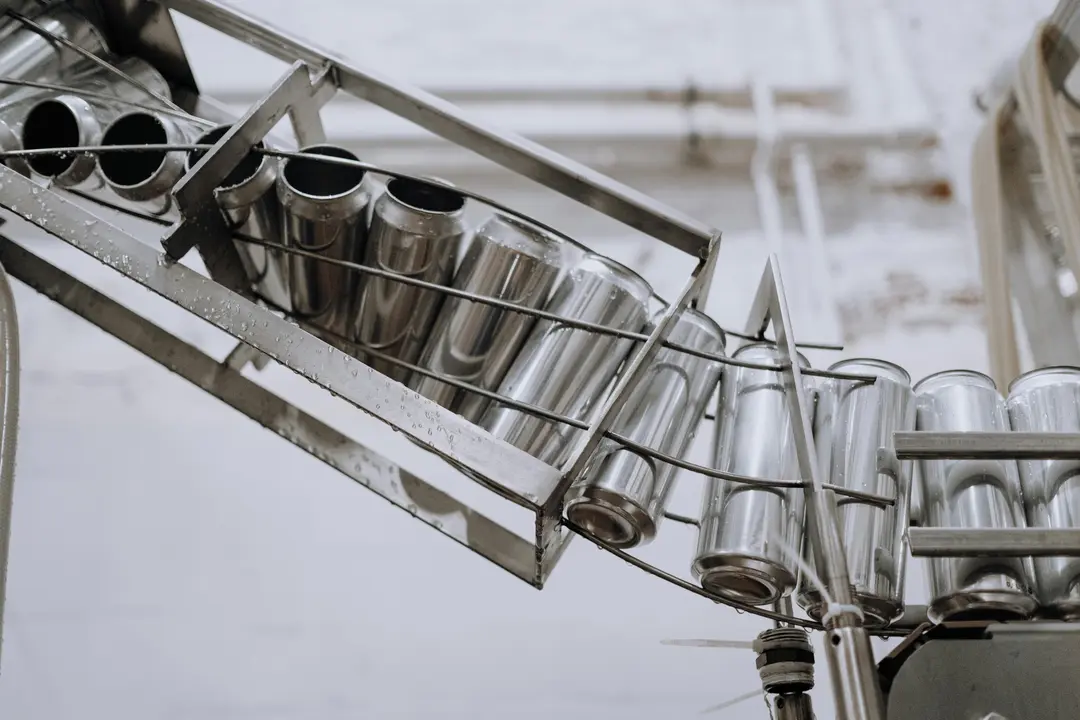 Get a quote
Get a quotePEEK (Polyaryletheretherketone) is a rigid opaque (beige) engineering plastic known for its ability to operate at high temperatures, together with its exceptional chemical and wear resistance and dimensional stability.
A high purity polymer, PEEK is a plastic composed of repeating monomers of two ether groups and a ketone group.
Although PEEK is very stable compared to most engineering plastics, stress in the material can have a major impact on machining causing such problems as:
This can be combatted by machining practices such as using very sharp tools, making sure we are using the right speeds and feeds, and being aware of how clamping/fixturing can affect the part.
See the 'Finishing & Treatments' section for specific treatments to reduce the chances of stress affecting machining.
You may also see PEEK referred to as:
PEEK is 53% harder than Acetal, has 63% greater tensile strength and is nearly 60% stiffer than Nylon 6. However, it is 10-20 times the price of other common engineering plastics.
Here at Penta Precision, we are able to source PEEK competitively due to the high volume of PEEK components we manufacture; offering you the very best value for money. We use our PEEK machining experience to deliver the most cost effective method of manufacture.
When received as raw material, PEEK, similar to other engineering plastics will have a skin on both sides. When this skin is removed it is very common, especially on large billets with a lot of material being removed, for warping or distortion to occur, usually in the form of the material bowing inwards.
When quoting for a part of this nature, we would allow for the machinists to skim both layers of skin off, without taking the part to finish size, allowing it to warp and then re-machining both faces, thus heavily reducing the warping.
With low moisture absorption and being one of the most stable of plastics Penta can hold closer tolerances in PEEK than most other engineering plastics.
PEEK is available in several different grades; the choice of grade will depend on the application as seen below.
PEEK unfilled - Unfilled PEEK is an unreinforced general-purpose grade that offers steam and wear resistance. It provides the greatest elongation and toughness of all PEEK grades.
PEEK 30% Glass-Fiber Reinforced - The addition of glass fiber greatly reduces the expansion rate and increases the flexural modulus of PEEK. This grade is especially good for structural applications that require greater strength, stiffness, or stability
PEEK 30% Carbon-Fiber Reinforced - The addition of carbon fibre enhances the compressive strength and stiffness of PEEK, while dramatically lowering its expansion rate. It offers optimum wear-resistance and load-carrying capability in a PEEK-based product. This grade provides greater thermal conductivity than unreinforced PEEK, allowing for increased heat dissipation from bearing surfaces. The result is improved bearing life and capability.
PEEK Bearing grade - Carbon fiber reinforced with graphite and PTFE lubricants, bearing grade PEEK offers the lowest coefficient of friction and the best machinability of all PEEK grades.
PEEK, much the same as other engineering plastics, has limited finishing/treatments. The main treatment being annealing or stress relieving.
Annealing a heat treatment that alters the physical and sometimes chemical properties of a material to increase its ductility and to make it more workable. Annealing can induce ductility, soften material, relieve internal stresses, refine the structure by making it homogeneous, and improve cold working properties. When this process is done properly it can enhance the lifespan of machined plastic parts.
Stress Relieving consists of heating the steel to a temperature below the critical range to relieve the stresses resulting from cold working, shearing, or gas cutting. It is not intended to alter the micro-structure or mechanical properties significantly. Also, a process for making material softer. However, stress relieving does not change the material properties as does annealing.
Please contact us for more information on these processes or see our finishing processes page.
Here are the standard stock sizes/colours for PEEK Tube, Round Bar and Plate in the UK. Please note we do not supply stock material, the information provided is purely for design and research purposes.
Stock sizes have a +/+ tolerance as the extrusion process is not as accurate as precision machining.
Stock finishes are often scratched and dented. Some sheet plastics come with a protective coating however because of long supply chains these can still be scratched underneath.
Stock sizes will vary depending on supplier. Please get in contact to discuss further.
Available in Natural (Beige) and Black
Round bar stock lengths may vary between 2,000m and 3,000 mm
Available in Natural (Beige) and Black
Plate stock lengths may vary between 2,000mm and 3,000mm
Please note: some sizes may be non-stocked items and subject to minimum order quantities.
















PEEK is a high performance, high temperature semi-crystalline thermoplastic
In short, yes, PEEK can be machined. Generally speaking PEEK has good machinability as long as it's in the hands of an experienced machinist.
It sometimes comes as a surprise that PEEK is more expensive than other polymers. However, other engineering plastics are no match for PEEK when it comes to its strength, stiffness and temperature resistance so you really do get what you pay for. The good news is that at Penta we machine a lot of PEEK so are able to source at competitive prices.
Yes PEEK is recyclable.
Yes the standard grade of PEEK is a food safe plastic.
Because PEEK has superior qualities to most other thermoplastics and a higher price tag, it should really be used where these exceptional qualities are required for the application such as the aerospace industry. See the 'applications' tab for more information on typical components, applications and industries in which it is commonly used.
PEEK is an exceptionally strong engineering plastic with a tensile strength of 116 MPa - compared to 79 MPa for Nylon and 67 for Acetal.
Natural PEEK is a beige colour. It can also be obtained in various other grades and colours. Other colours include: black, green, blue, ivory, grey, white and yellow.